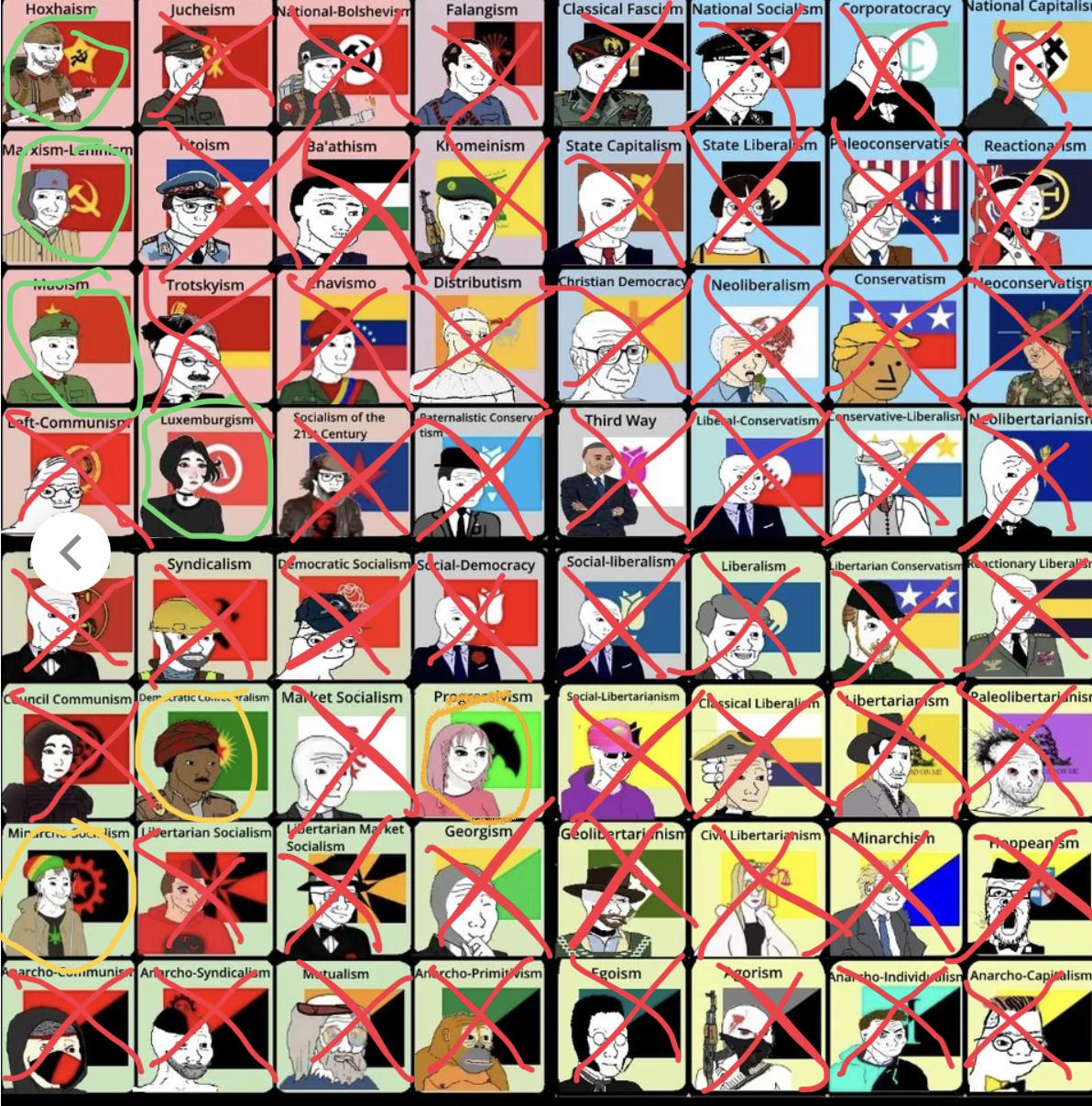The juxtaposition of Bahá’í teachings and Communism presents an intriguing examination of ideological landscapes. At the outset, one might perceive these belief systems as fundamentally divergent. Communism, with its secular and materialistic foundations, starkly contrasts with the spiritual and transcendental essence of the Bahá’í Faith. However, a deeper exploration reveals both intersections and divergences that merit rigorous analysis.
To appreciate the complexity of this dialogue, it is essential to comprehend the foundational tenets of each ideology. The Bahá’í Faith, rooted in the teachings of Bahá’u’lláh, emphasizes unity, justice, and the intrinsic worth of every individual. It advocates for the elimination of prejudices and the establishment of a global community predicated on collaboration and mutual respect. In contrast, Communism, espoused by figures such as Karl Marx and Friedrich Engels, posits a materialistic interpretation of history and advocates for the abolition of private property. It seeks to create a classless society through radical socio-economic transformations.
One of the principal points of contention lies in the delineation of individual versus collective rights. Bahá’í teachings champion the dignity of the individual as a fundamental aspect of human existence. This intrinsic worth is pivotal, facilitating personal growth and spiritual development. On the other hand, Communism prioritizes collective rights over individual aspirations, leading to potential conflicts when individual freedoms are subsumed under the mandate of the state. This fundamental schism raises critical questions about the role of the individual in societal frameworks.
Furthermore, the Bahá’í Faith promotes a vision of governance that embraces both spiritual and material dimensions, proposing a model of consultation and collaboration to address societal challenges. This contrasts sharply with the authoritarian tendencies often observed in Communist regimes, where centralized power frequently curtails democratic engagement and stifles personal liberties. The Bahá’í principle of consultation not only respects diverse opinions but also upholds the essential role of compassion and ethical considerations in decision-making processes. This distinction invites a reconsideration of how governance structures can align with human dignity and moral imperatives.
Despite these tensions, there are noteworthy alignments between the two ideologies, particularly regarding their critique of rampant materialism and social disparity. Both Bahá’ís and Communists recognize the deleterious effects of extreme wealth inequality and advocate for the equitable distribution of resources. Bahá’í teachings underscore the importance of social justice, urging adherents to address the needs of the underprivileged and marginalized sections of society. This shared commitment to social equity invites collaborative discourse on strategies to ameliorate systemic inequities, suggesting a potential synthesis of ideas that transcends ideological boundaries.
Moreover, both ideologies underscore the necessity for social transformation; yet their methodologies differ markedly. While Communism often espouses revolutionary upheaval as a means to dismantle existing structures, the Bahá’í approach advocates for gradual transformation through education, awareness, and the fostering of global citizenship. This emphasis on patience and integrity as core virtues invites a redirection of focus from confrontation to cooperation, positing that sustainable change can emerge from constructive engagement rather than conflict.
Additionally, the Bahá’í notion of global unity presents a compelling counter-narrative to the nationalist sentiments that can overshadow Communist doctrine. In an increasingly interconnected world, Bahá’ís assert that humanity constitutes a singular entity, transcending artificial divisions, including those based on nationality, class, or ideology. This global perspective encourages transcendent aspirations that resonate with the normative goals of equity and justice espoused by Marxist theory. The amalgamation of these ideologies invites innovative frameworks for understanding human relationships and societal evolution.
However, the challenges remain formidable. The historical trajectory of Communist regimes, often characterized by suppression of dissent, provides a cautionary tale that heightens the stakes of ideological purity and adherence. The Bahá’í commitment to non-violence and tolerance serves as a potent reminder of the importance of safeguarding individual rights while pursuing collective goals. It illustrates that while the aspirations of both ideologies may converge on certain ethical grounds, the means employed to realize these ambitions can engender vastly different societal outcomes.
Ultimately, the discourse surrounding Bahá’í teachings and Communism underscores the potential for dialogue between seemingly disparate beliefs. The divergence in individual versus collective focus, the relationship between governance and ethics, and the methodologies for social change are all fertile grounds for exploration. Moving forward, a collaborative approach that embraces the strengths of both ideologies could inspire innovative solutions to address the multifaceted crises facing contemporary society.
In conclusion, the intersection of Bahá’í teachings and Communist ideology illuminates the complexities of human aspirations across spiritual and material domains. The potential convergence on principles of justice, equity, and the pursuit of a harmonious society beckons scholars and practitioners alike to engage in a thoughtful examination of these ideologies. Such explorations promise not only to deepen our understanding of these frameworks but also to foster a profound shift in perspective that embraces diversity and aims for the betterment of humanity in its entirety.
